A Detailed Guide to Plywood Thickness in Bangalore

Introduction to plywood and its various applications
Introduction to plywood and its various applications
Plywood is a versatile building material that is widely used in construction, furniture making, and other applications. It is made by gluing together several layers of thin wood veneers, with each layer placed perpendicular to the previous one. This cross-grain construction gives plywood its strength and stability. Plywood comes in various thicknesses, with 6mm, 12mm, and 18mm being the most commonly used. In this article, we will explore the pros and cons of each thickness and discuss the best applications for them.

Understanding plywood thickness - 6mm, 12mm, and 18mm
Understanding plywood thickness - 6mm, 12mm, and 18mm
Plywood thickness is typically indicated in millimeters. The three most common thicknesses are 6mm, 12mm, and 18mm. The thickness you choose depends on the specific application and the level of strength and durability required.
6mm plywood is the thinnest option and is often used for interior applications such as wall paneling, ceiling lining, and furniture backing. It is lightweight, easy to handle, and cost-effective. However, it is not suitable for structural applications or areas with high moisture content.
12mm plywood strikes a balance between strength and weight. It is commonly used for cabinets, shelves, and flooring. It offers good stability and can withstand moderate loads. However, it may not be suitable for heavy-duty applications or areas with high humidity.
18mm plywood is the thickest option and is known for its strength and durability. It is commonly used for structural applications such as roofing, flooring, and formwork. It can support heavy loads and is resistant to warping. However, it is heavier and more expensive than thinner plywood options.
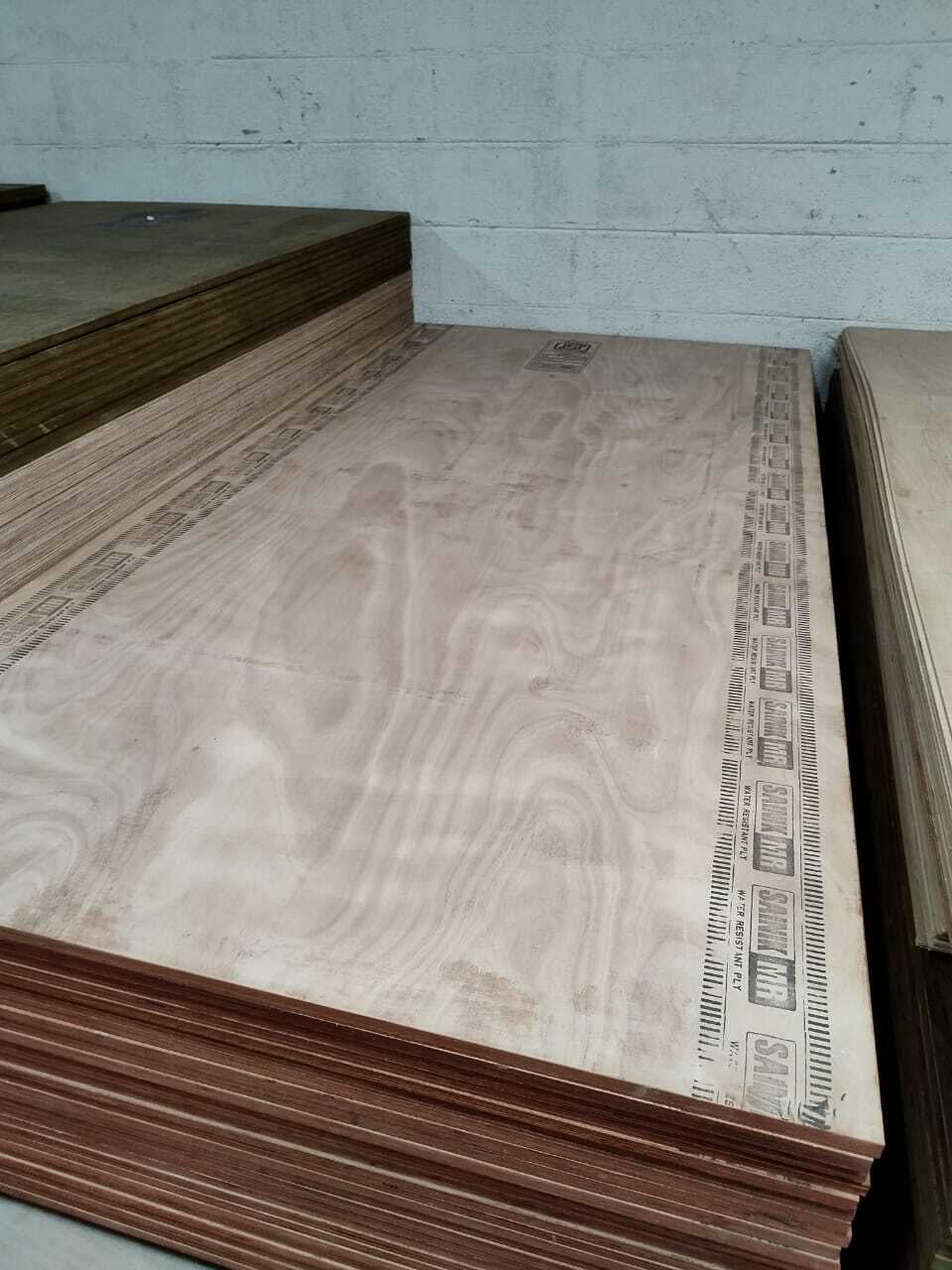
Pros and cons of 6mm plywood for different projects
6mm plywood has several advantages when used in the right applications. Its lightweight nature makes it easy to handle and transport. It is also more affordable compared to thicker plywood options. Additionally, its thin profile allows for flexibility and ease of bending, making it suitable for curved surfaces.
However, 6mm plywood has some limitations. Due to its thinness, it is not as strong or durable as thicker plywood options. It may not be suitable for applications that require high load-bearing capacity or areas with moisture exposure. It is also more prone to warping and may not provide adequate support for heavy fixtures or structures.
In summary, 6mm plywood is a cost-effective option for interior applications that do not require heavy-duty strength or exposure to moisture. It is suitable for projects where weight and flexibility are important factors.
Pros and cons of 12mm plywood for various applications
12mm plywood offers a good balance between strength and weight. It is commonly used in applications where moderate load-bearing capacity is required. Some of the advantages of 12mm plywood include its stability, durability, and versatility.
One of the main benefits of 12mm plywood is its ability to withstand moderate loads without sagging or warping. It is suitable for cabinets, shelves, and furniture where strength and stability are important. It also provides a solid base for flooring installations.
However, 12mm plywood may not be suitable for heavy-duty applications or areas with high humidity. It is not as strong as thicker plywood options and may not provide adequate support for heavy fixtures or structural components. Additionally, it is heavier and more expensive compared to 6mm plywood.
In summary, 12mm plywood is a versatile option that can be used in various applications where moderate strength and stability are required. It is suitable for projects that do not involve heavy loads or exposure to moisture.
Pros and cons of 18mm plywood for different projects
18mm plywood is the thickest and strongest option available. It is commonly used in structural applications where high load-bearing capacity is required. Some of the advantages of 18mm plywood include its strength, durability, and resistance to warping.
One of the main benefits of 18mm plywood is its ability to support heavy loads without sagging or bending. It is commonly used for roofing, flooring, and formwork. It provides a stable and sturdy base for construction projects.
However, 18mm plywood has some drawbacks. It is heavier and more expensive compared to thinner plywood options, which can make handling and transportation more challenging. It may also be overkill for projects that do not require high load-bearing capacity.
In summary, 18mm plywood is the ideal choice for structural applications that require strength, durability, and stability. It is suitable for projects that involve heavy loads or exposure to external elements.
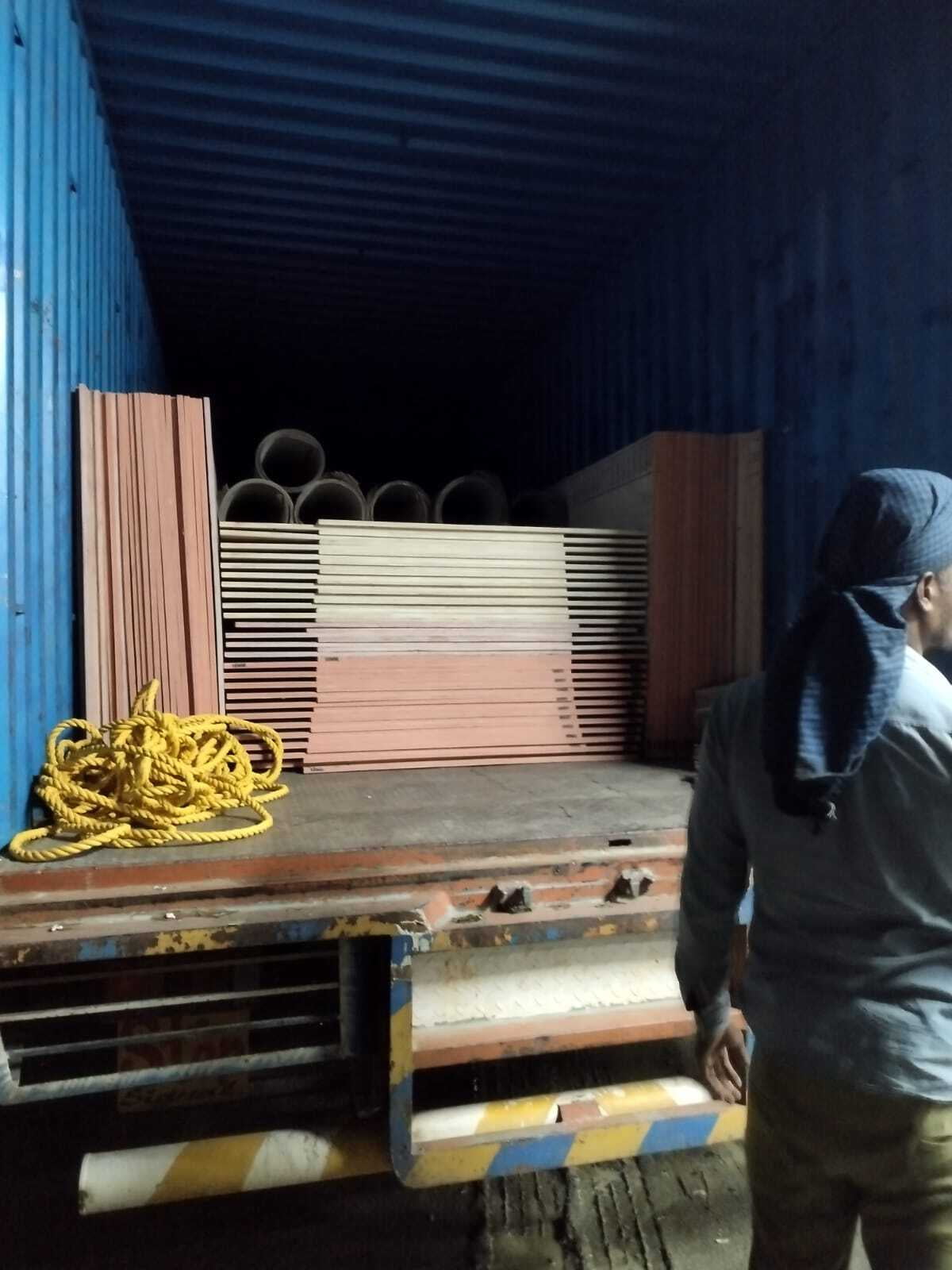
Factors to consider when choosing plywood thickness
When choosing the right plywood thickness for your project, there are several factors to consider:
Project requirements: Determine the load-bearing capacity, durability, and stability required for your specific application.
Moisture exposure: Consider the level of moisture exposure in your project area. Thicker plywood options are more resistant to moisture and may be suitable for areas with high humidity or external exposure.
Budget: Take into account your budget constraints. Thicker plywood options are generally more expensive than thinner ones.
Weight: Consider the weight restrictions of your project. Thicker plywood options are heavier and may require additional support during installation.
By carefully evaluating these factors, you can choose the plywood thickness that best suits your project's needs.
Exploring other plywood thickness options - 3mm, 4mm, 19mm, 25mm, etc.
In addition to the commonly used plywood thicknesses of 6mm, 12mm, and 18mm, there are other options available in the market. These include 3mm, 4mm, 19mm, 25mm, and more. Each thickness has its own advantages and applications.
3mm and 4mm plywood are extremely thin and lightweight. They are typically used for craft projects, model making, and other applications where flexibility and weight are important factors. They are not suitable for structural or load-bearing applications.
19mm and 25mm plywood are heavy-duty options that are used in applications that require high strength and durability. They are commonly used in construction, marine applications, and areas with extreme load requirements.
When considering these alternative thickness options, it is important to assess the specific needs of your project and choose the plywood thickness accordingly.
Comparing marine plywood, hardwood plywood, and commercial plywood
Apart from variations in thickness, plywood is also available in different types. Three common types are marine plywood, hardwood plywood, and commercial plywood. Each type has its own characteristics and applications.
Marine plywood is specifically designed for water-resistant applications. It is made with waterproof glue and has a higher number of veneer layers, making it highly durable and resistant to moisture. It is commonly used in boat building, docks, and other marine applications.
Hardwood plywood is made from hardwood veneers, offering enhanced strength, durability, and resistance to warping. It is commonly used in furniture making, cabinetry, and high-end applications that require a superior finish.
Commercial plywood is the most commonly used type and is suitable for general-purpose applications. It is made with softwood veneers and is available in various grades, with each grade offering different levels of strength and durability.
When choosing between marine plywood, hardwood plywood, and commercial plywood, consider the specific requirements of your project and select the type that best meets those needs.
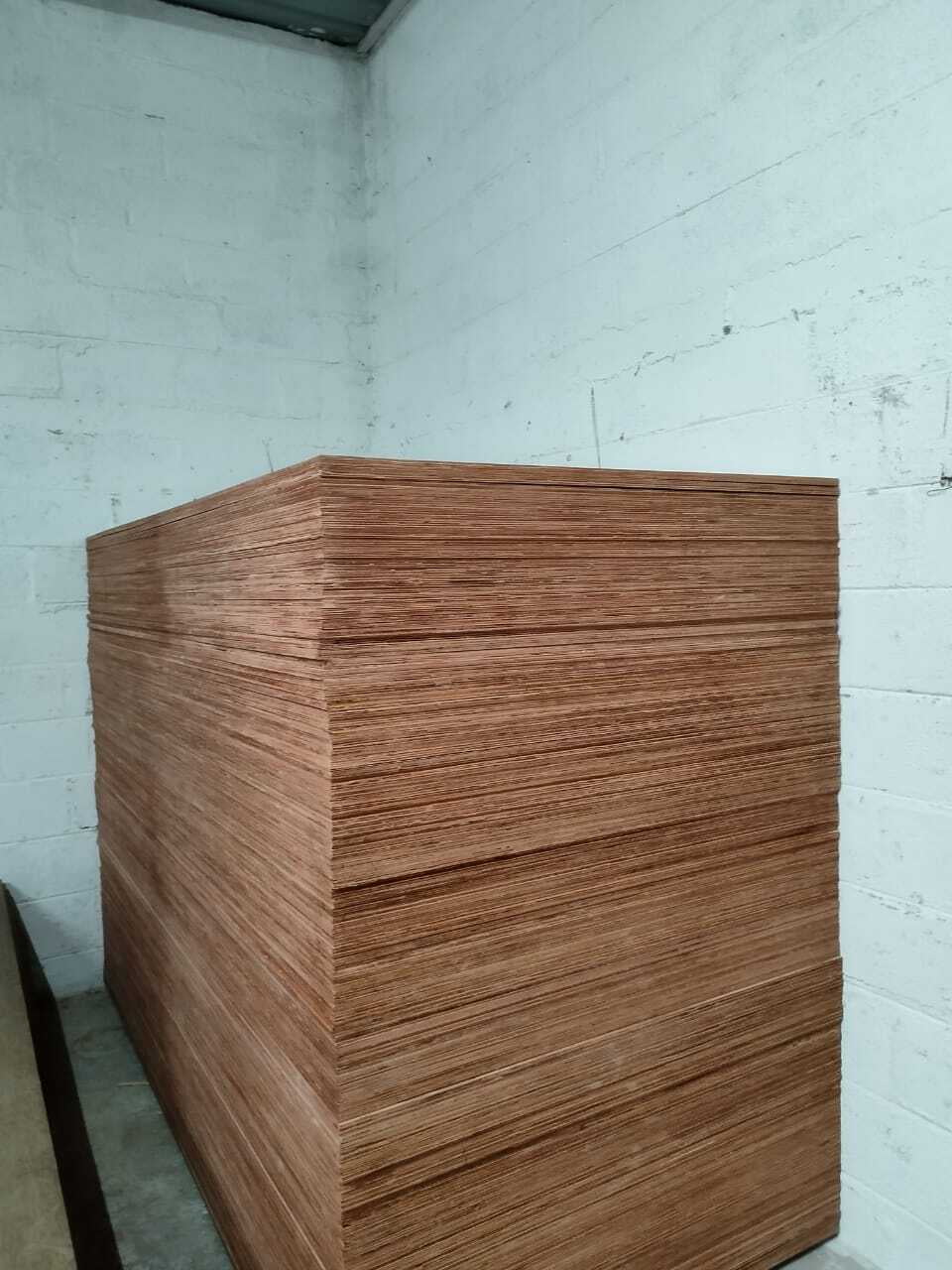
Flexible plywood and its uses
Flexible plywood, also known as bendy plywood or flexi-ply, is a specialty type of plywood that is designed to be easily curved or bent into various shapes. It is made by slicing thin layers of wood perpendicular to the grain and then gluing them together with the help of a flexible adhesive.
Flexible plywood is commonly used in applications that require curved surfaces, such as furniture, cabinetry, and architectural features. It can be easily bent to create unique designs and shapes. However, it is important to note that the flexibility of plywood depends on its thickness. Thinner plywood is generally more flexible than thicker options.
When working with flexible plywood, it is crucial to follow the manufacturer's guidelines for bending and installation. Improper handling or excessive bending can cause the plywood to crack or break.
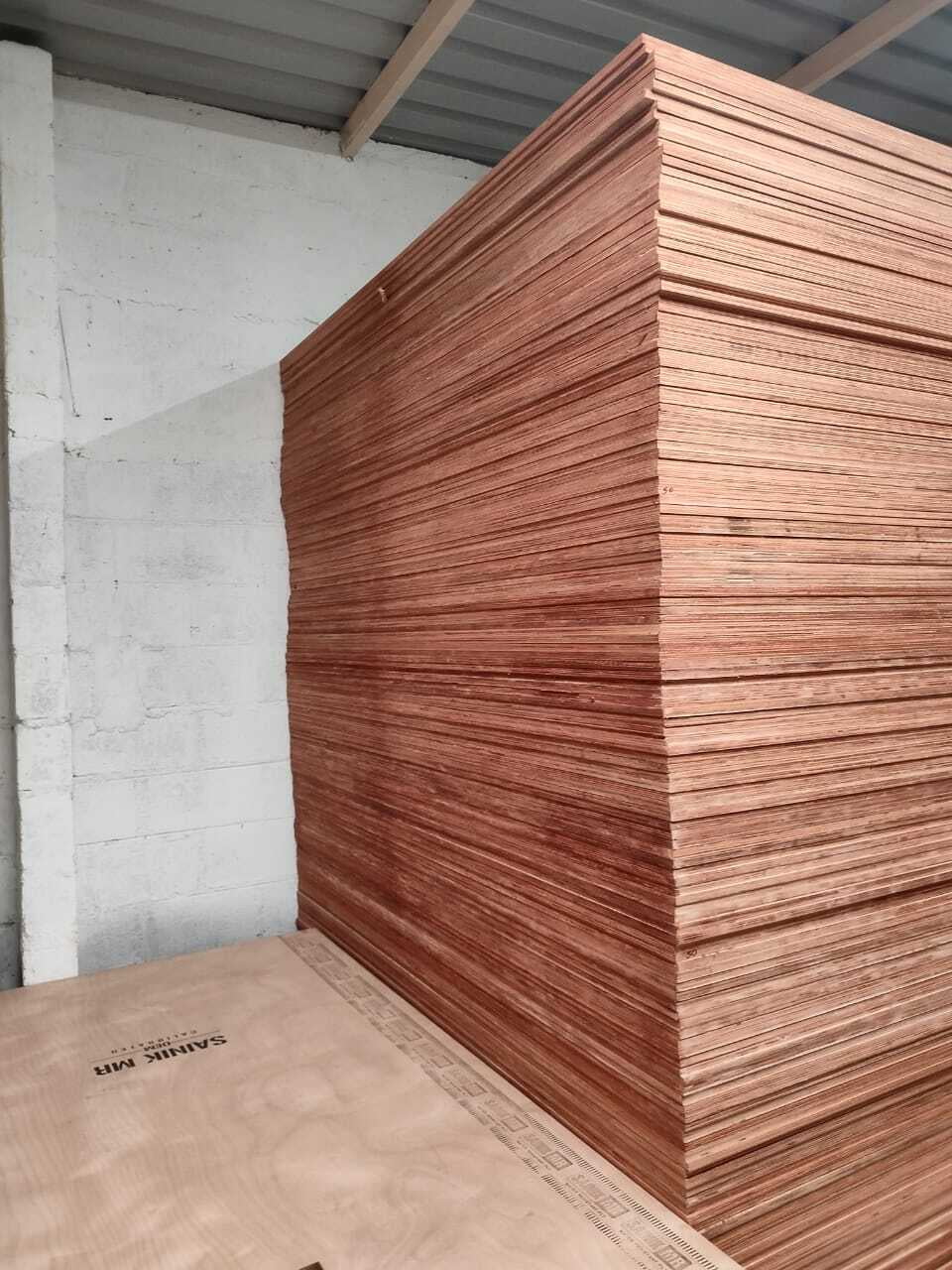
Best practices for working with different plywood thicknesses
Best practices for working with different plywood thicknesses
Working with plywood requires careful planning and execution, regardless of the thickness being used. Here are some best practices to keep in mind when working with different plywood thicknesses:
Acclimatize the plywood: Before starting any project, allow the plywood to acclimate to the environment where it will be installed. This helps prevent warping or shrinking after installation.
Use the right tools: Different plywood thicknesses may require different tools for cutting and installation. Ensure that you have the appropriate tools for the job.
Secure the edges: To prevent splintering or chipping, secure the edges of the plywood before cutting or drilling. This can be done by applying masking tape or using a scoring tool.
Support the plywood: Thicker plywood options may require additional support during installation to prevent sagging or bending. Use appropriate framing and bracing techniques to provide adequate support.
Apply appropriate finishes: Depending on the application, consider applying appropriate finishes such as paint, varnish, or sealant to protect the plywood from moisture and enhance its durability.
By following these best practices, you can ensure that your plywood project is completed successfully, regardless of the thickness being used.
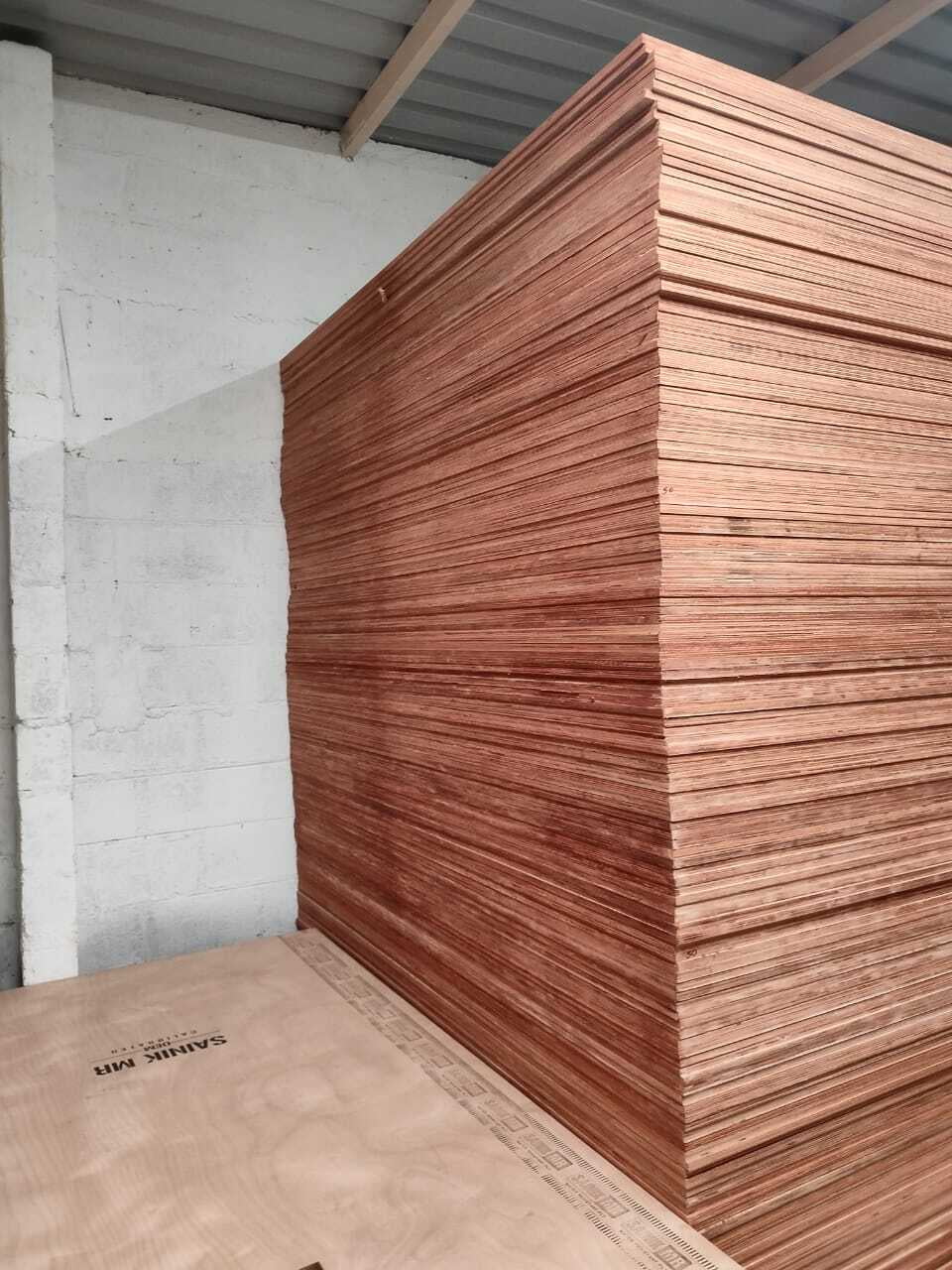
Understanding plywood prices - 18mm plywood 8x4 price, 19mm plywood 8x4 price, etc.
Plywood prices vary depending on several factors, including the thickness, type, quality, and brand. Understanding these factors can help you make an informed decision and find the best plywood within your budget.
The most commonly used measurement for plywood pricing is the 8x4 sheet. For example, the price of 18mm plywood per 8x4 sheet or the price of 19mm plywood per 8x4 sheet. The thickness and type of plywood will determine the cost per sheet.
It is important to compare prices from different suppliers and consider the quality of the plywood before making a purchase. Cheaper plywood may not always be the best option, as it may compromise on quality and durability.
Additionally, consider the additional costs involved, such as transportation, installation, and finishing materials, when budgeting for your plywood project.
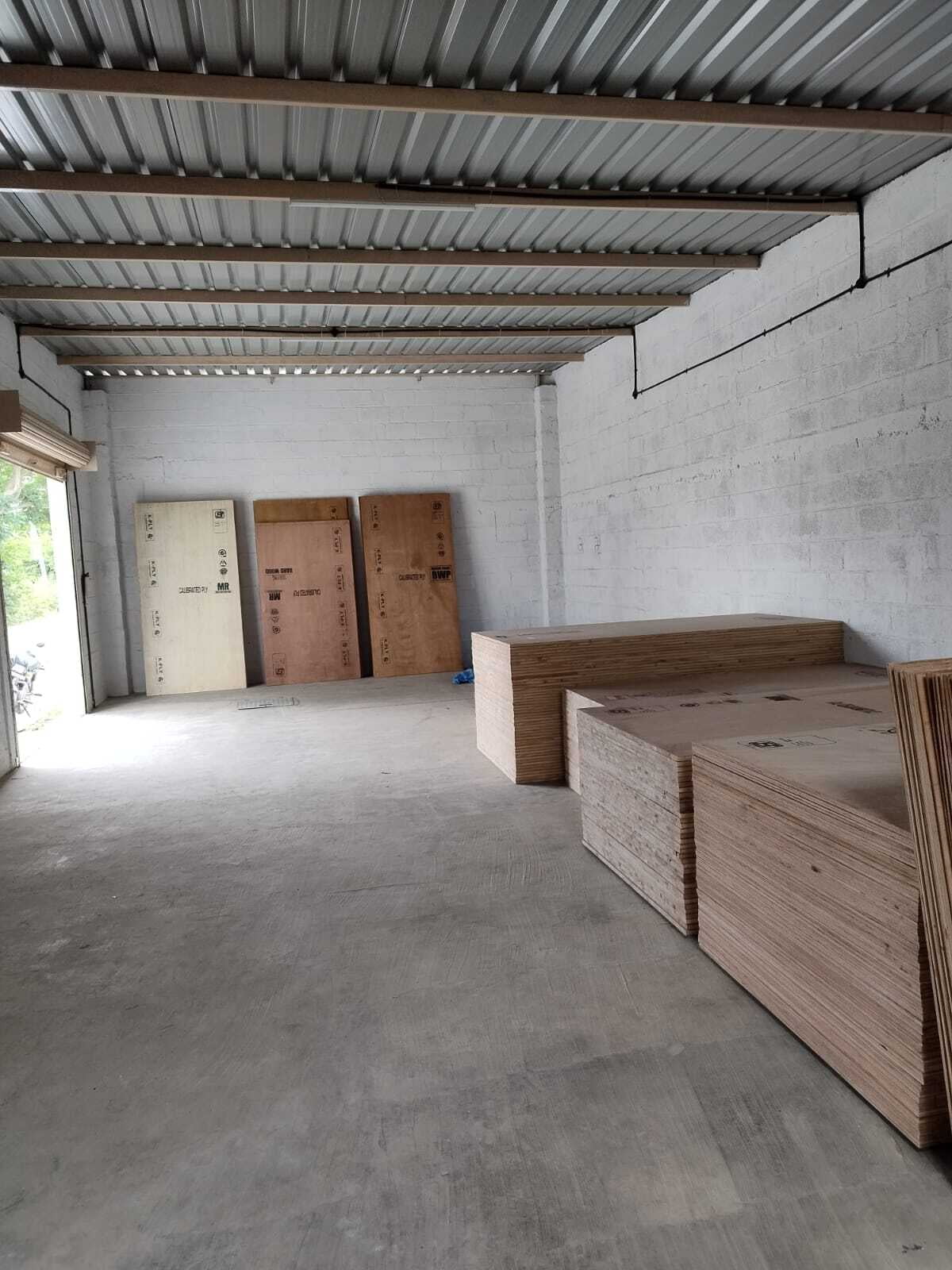
Finding the best plywood shop near you
When purchasing plywood, it is important to find a reputable supplier that offers high-quality products and excellent customer service. Here are some tips for finding the best plywood shop near you:
Research online: Use search engines and online directories to find plywood suppliers in your area. Read customer reviews and ratings to gauge the reputation of the suppliers.
Visit local hardware stores: Check with local hardware stores or building supply centers to see if they carry plywood and inquire about their suppliers.
Seek recommendations: Ask friends, family, or colleagues who have recently completed similar projects for recommendations on reliable plywood suppliers.
Evaluate product quality: Visit the shop to examine the quality of their plywood products. Look for well-constructed, flat, and defect-free sheets.
Inquire about services: Ask about delivery options, return policies, and any additional services offered by the supplier.
By taking the time to find the best plywood shop near you, you can ensure that you receive quality products and a seamless purchasing experience.
Examples of plywood applications - Plywood wardrobes, plywood products, etc.
Plywood finds a wide range of applications in various industries. Some common examples include:
Plywood wardrobes: Plywood is commonly used in the construction of wardrobes and closets. Its strength, durability, and versatility make it an ideal choice for building functional storage spaces.
Plywood products: Plywood is used to manufacture a variety of products, including furniture, cabinets, doors, and flooring. Its natural wood grain and smooth finish make it a popular choice for creating aesthetically pleasing and durable items.
Construction projects: Plywood is extensively used in construction for roofing, flooring, formwork, and structural applications. Its strength and stability make it suitable for supporting heavy loads and providing a solid base for construction projects.
Architectural features: Plywood can be used to create unique architectural features such as curved walls, ceiling panels, and decorative elements. Its flexibility and versatility allow for innovative designs and shapes.
These are just a few examples of the many applications of plywood. Its versatility and wide range of thicknesses make it a popular choice for various projects.
Conclusion - Choosing the right plywood thickness for your project
In conclusion, understanding the pros and cons of different plywood thicknesses is crucial when selecting the right material for your project. The three most commonly used thicknesses are 6mm, 12mm, and 18mm, each with its own advantages and applications.
6mm plywood is lightweight and cost-effective, suitable for interior applications that do not require heavy-duty strength or moisture resistance. 12mm plywood strikes a balance between strength and weight, making it suitable for cabinets, shelves, and flooring. 18mm plywood is the thickest and strongest option, ideal for structural applications that require high load-bearing capacity.
When choosing plywood thickness, consider factors such as project requirements, moisture exposure, budget, and weight restrictions. Additionally, explore other thickness options and types of plywood, such as marine plywood, hardwood plywood, and commercial plywood, to find the best fit for your specific needs.
By following best practices for working with different plywood thicknesses and considering plywood prices, you can ensure a successful and cost-effective project. Find a reputable plywood shop near you and explore the various applications of plywood, from wardrobes to construction projects.
Choosing the right plywood thickness is crucial to the success of your project. By understanding the pros and cons of different thicknesses and considering your specific requirements, you can make an informed decision that ensures durability, stability, and cost-effectiveness.






